The global electric vehicle market was worth a whopping $500.5 billion in 2023 and is projected to grow to $1,891 billion by just 2032. However, with new import taxes in place, some companies will likely fare better than others.
Experts have analyzed the market and believe that certain EV manufacturers will thrive in the coming years and make most of these projected profits, while others will struggle to survive. Let’s find out what they have to say.
Millions of People Worldwide Are Buying EVs to Save the Planet

As the adverse side effects of climate change become increasingly apparent, millions of people worldwide are trying to do their part to save the planet from the seemingly imminent destruction.
Many have found that purchasing an environmentally friendly and net-zero electric vehicle is an easy and affordable way to do precisely that. Consequently, the EV market is growing ridiculously quickly and is predicted to skyrocket over the next decade.
Understanding the Global EV Market
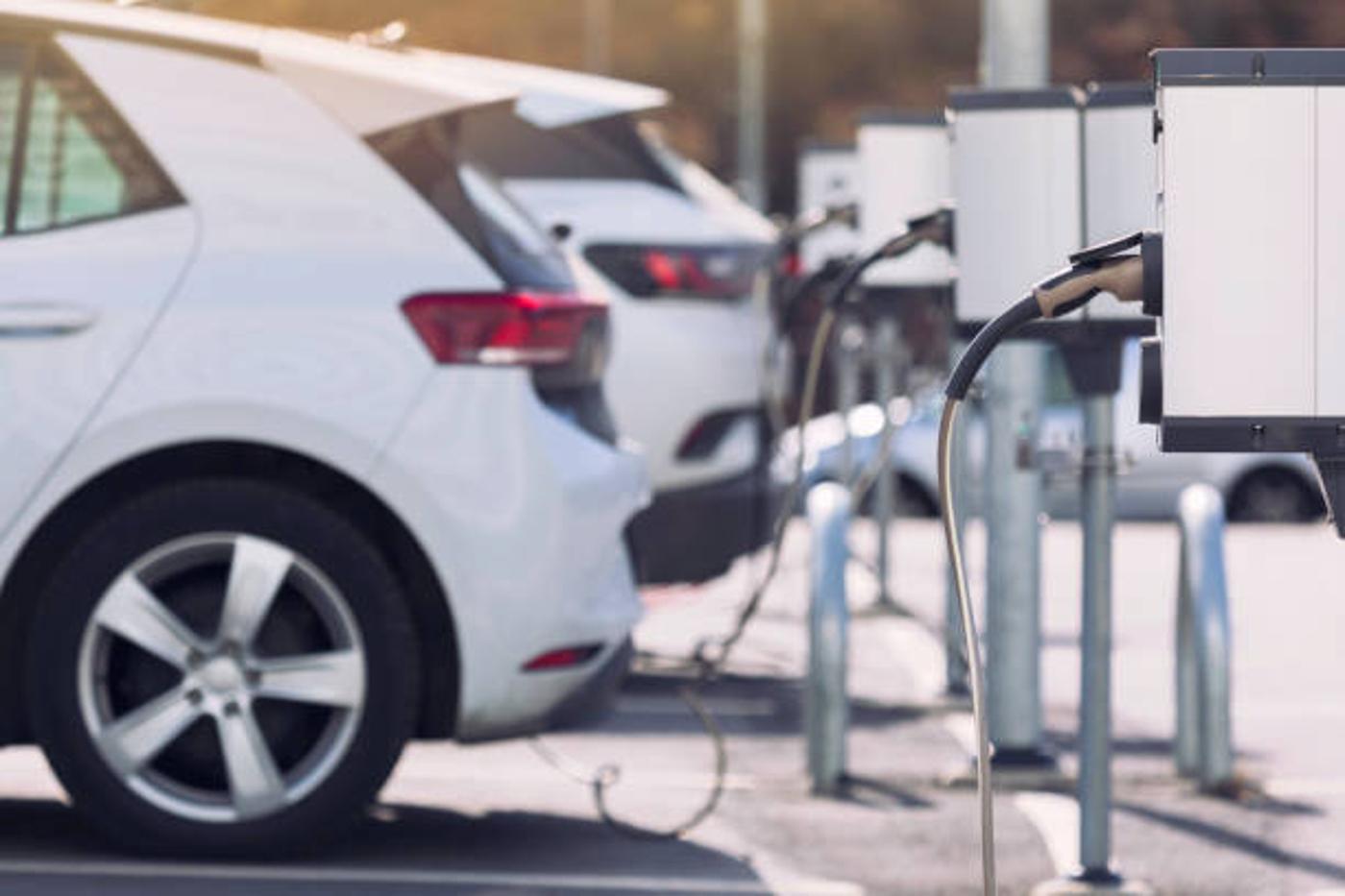
However, because the EV market is growing so rapidly, car manufacturing companies worldwide desperately want to be a part of it. Even national governments are spending a fortune trying to ensure their country produces more EVs than anyone else.
Several countries, including Germany, the United States, China, and Japan, are desperately trying to win the race for the most EVs made. To do so, many nations have banned or implemented extreme taxation on foreign-made electric vehicles.
New Tax on Imported EVs in the US
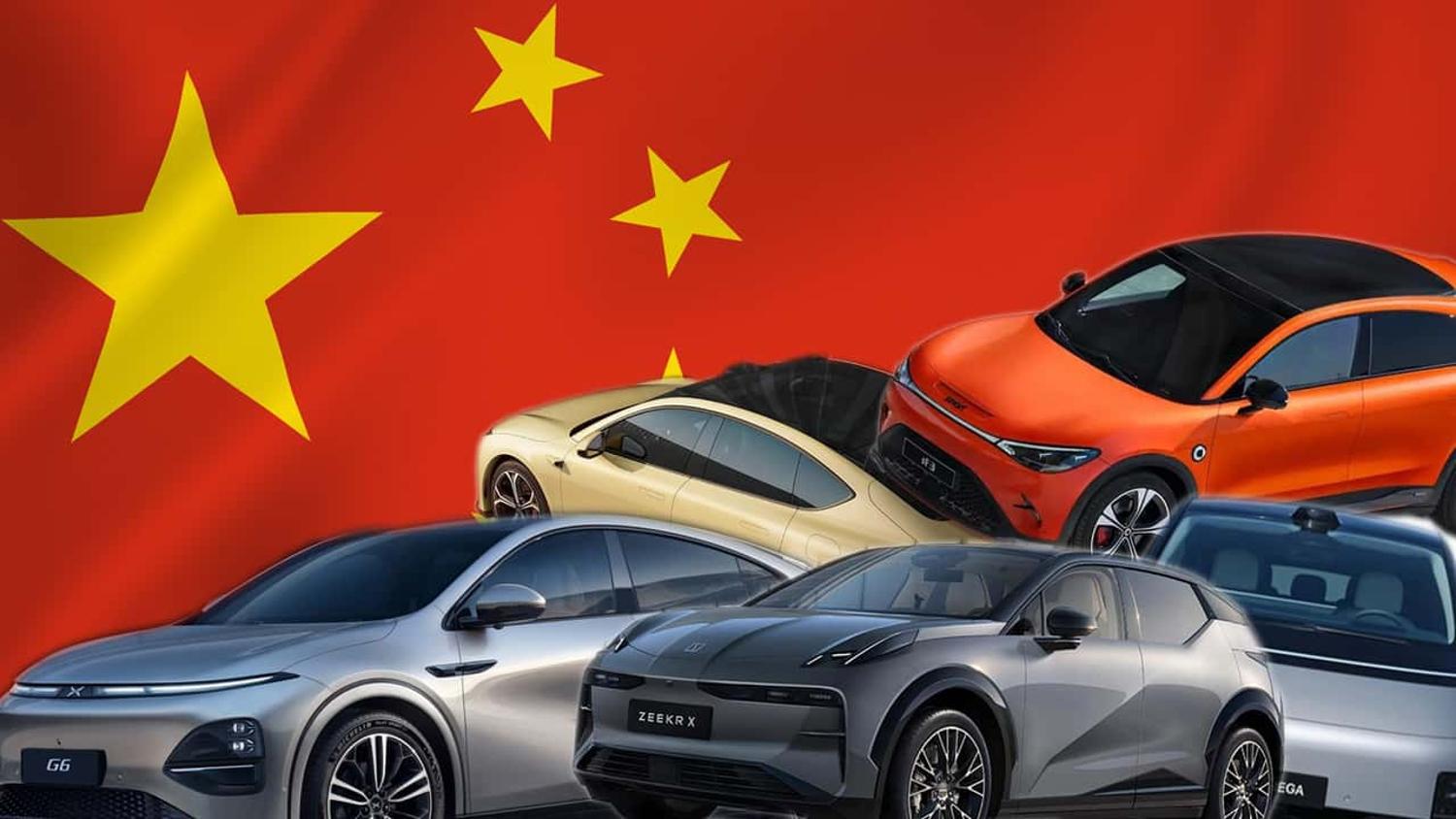
In May 2024, Biden and his administration announced that starting October 1st, taxation on EVs imported from China would increase from 25% to 100%.
Simultaneously, the federal government announced that it will now issue up to $7,500 in tax credits for each American who purchases a domestically made electric vehicle. The idea, of course, is to ensure the American EV market thrives.
European Commission Implements EV Tax

Meanwhile, the European Commission implemented a similar taxation on foreign-made electric vehicles, albeit a slightly smaller percentage.
From now on, any European resident who purchases an EV from China will pay the European Union an additional 37.6% in taxes. EU trade chief Valdis Dombrovskis explained, “[The] aim is to…ensure fair competition and a level playing field.”
How Will These Taxes Affect the Chinese EV Market?
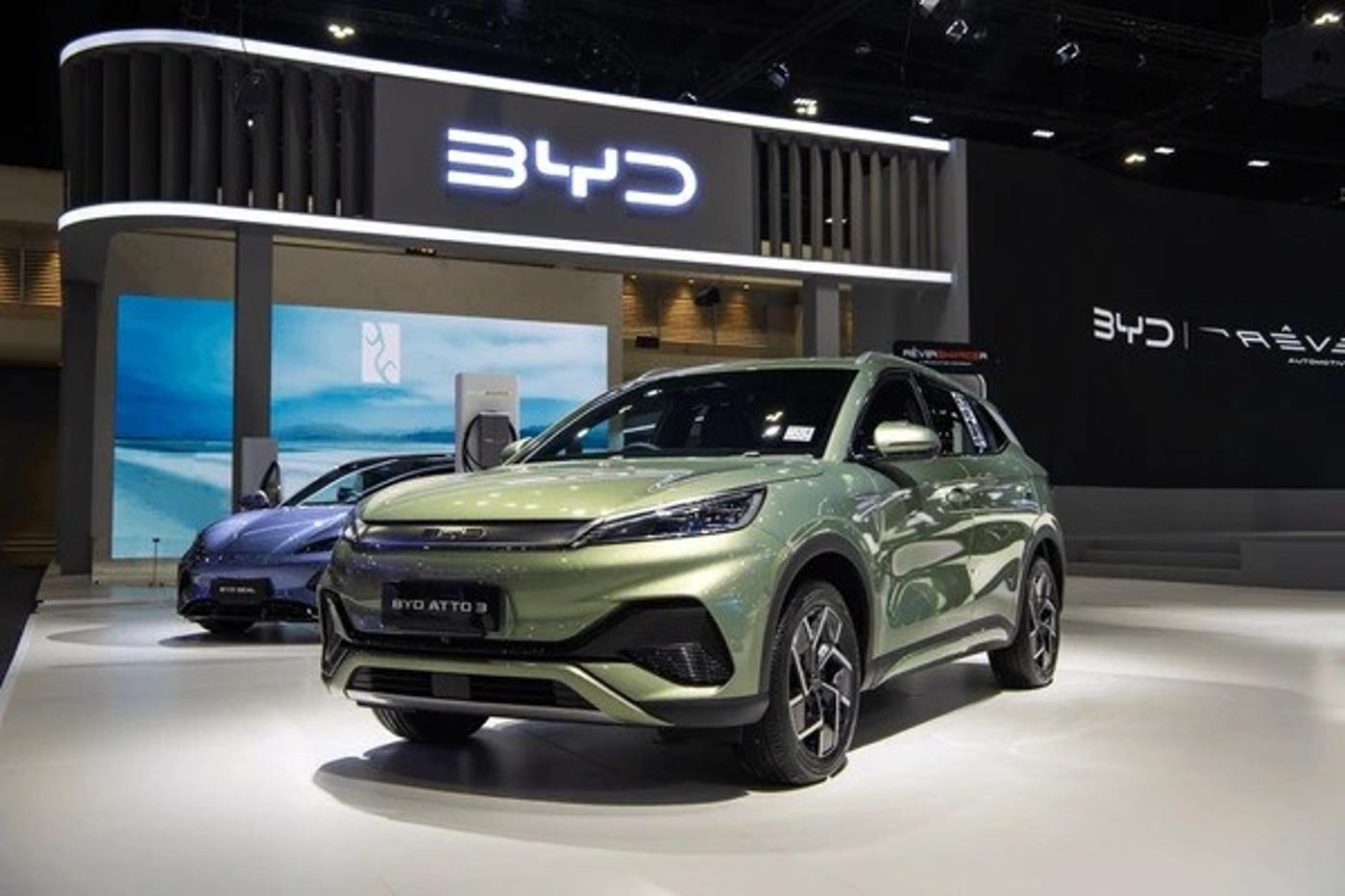
The new taxes in both Europe and the United States will unquestionably negatively affect the Chinese EV market. However, some companies will fare better than others.
For example, BYD, China’s leading EV manufacturer, will only be subject to a 17.4% tariff in the EU because of its positive relationship with the European Commission. Additionally, the EU only plans to tax Tesla’s made in China at a 9% fee.
Tesla’s Cars Are Made Around the World
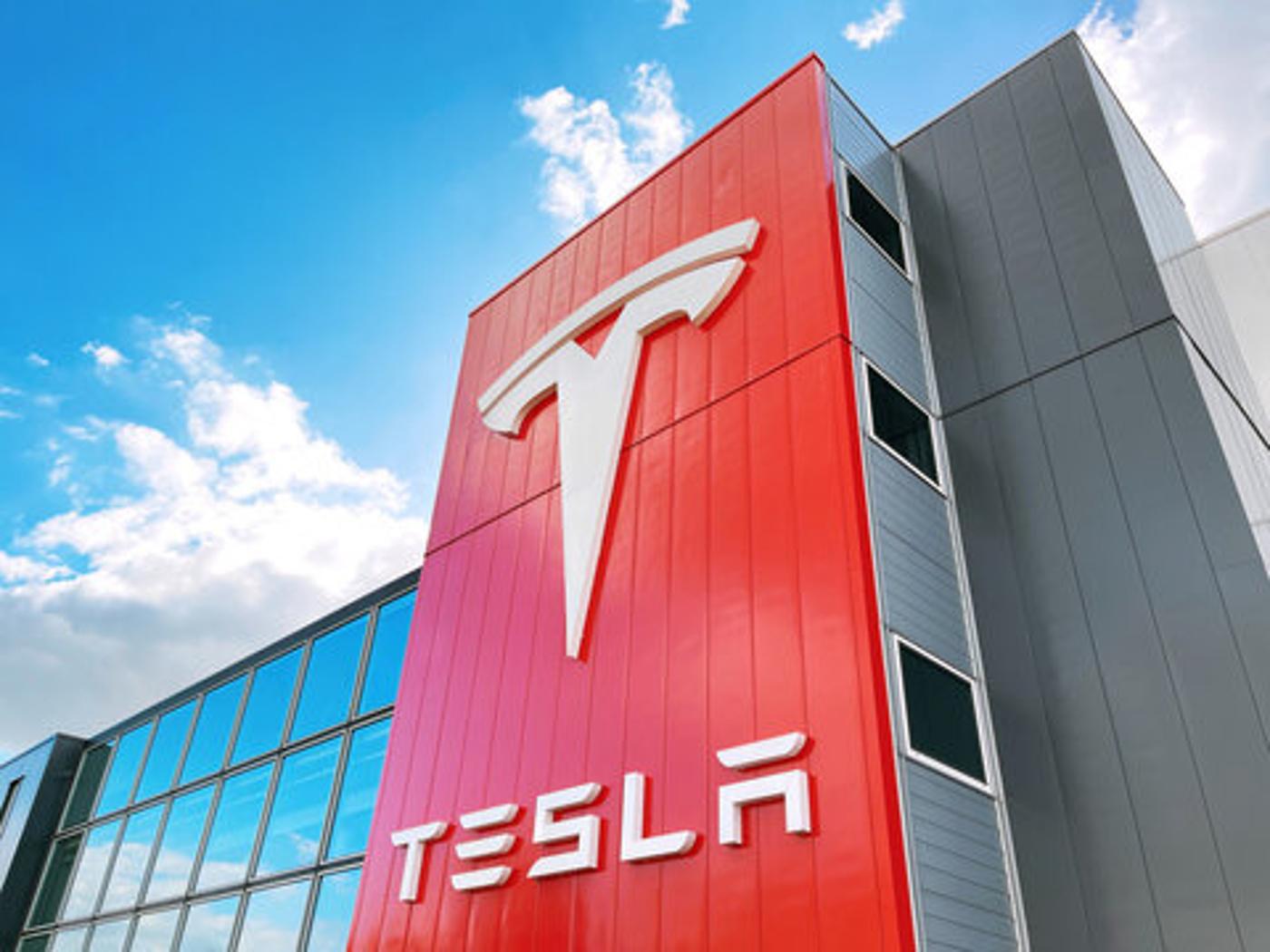
Many people don’t realize that even though Tesla is technically an American company owned and operated by billionaire Elon Musk, it’s a global operation. In fact, Tesla operates factories in California, Texas, China, and Germany.
So, the 100% levy in the US will absolutely affect Tesla vehicles made in China, as will the 100% tariff that Canada implemented just last week. However, experts believe the new tariffs won’t affect Tesla like they will other companies.
Tesla Can and Will Adjust Its Sales
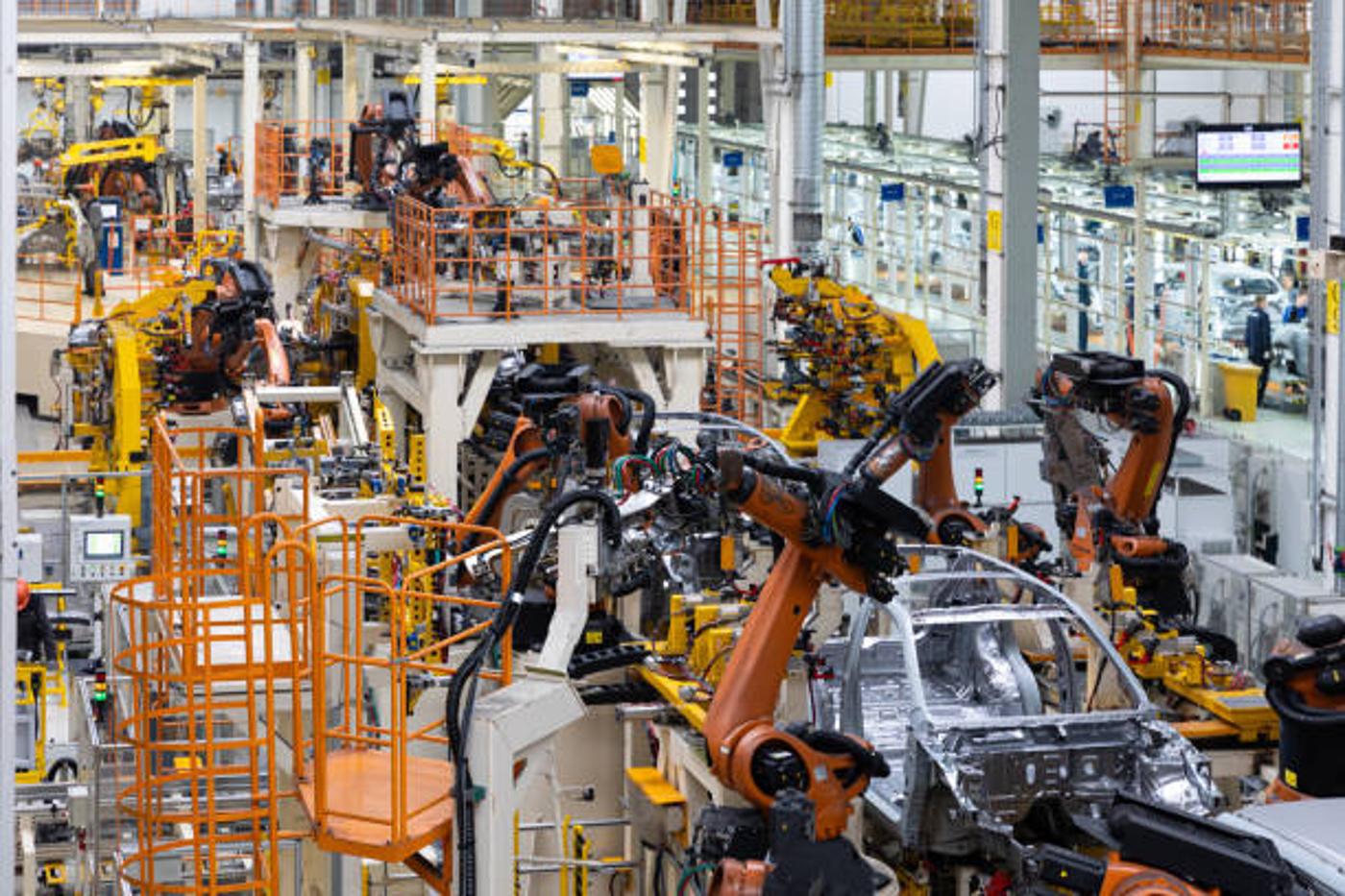
The general consensus among experts in the EV market is that Tesla will simply sell its vehicles made in China in China, its German-made cars in Germany, and its cars made in the US both in the US and in Canada.
However, other companies that don’t have a factory in several countries around the world won’t be so lucky.
XPeng Will Struggle to Stay Afloat
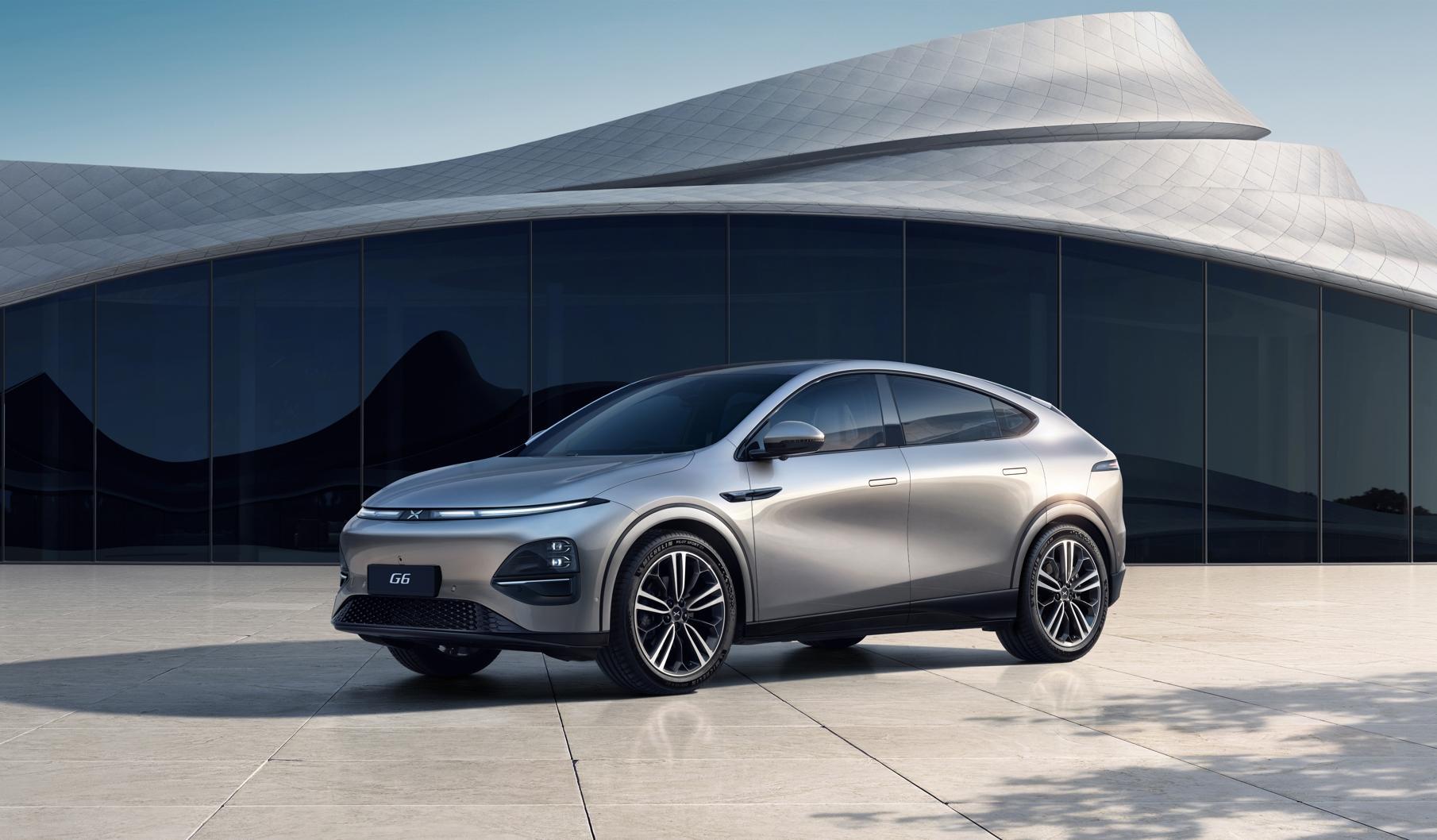
While BYD and Tesla are expected to thrive over the coming decade, experts say Chinese EV manufacturer XPeng will likely struggle to stay afloat. The company already reported losses during the second quarter of 2024 and a 52% stock drop from the beginning of the year.
In response to the new tariffs in Canada, the US, and the EU, XPeng has partnered with Volkswagen in the hopes of improving its standing and prospective sales. But some say it won’t be enough to save them.
What Do the New Taxes Mean for Ford EVs?
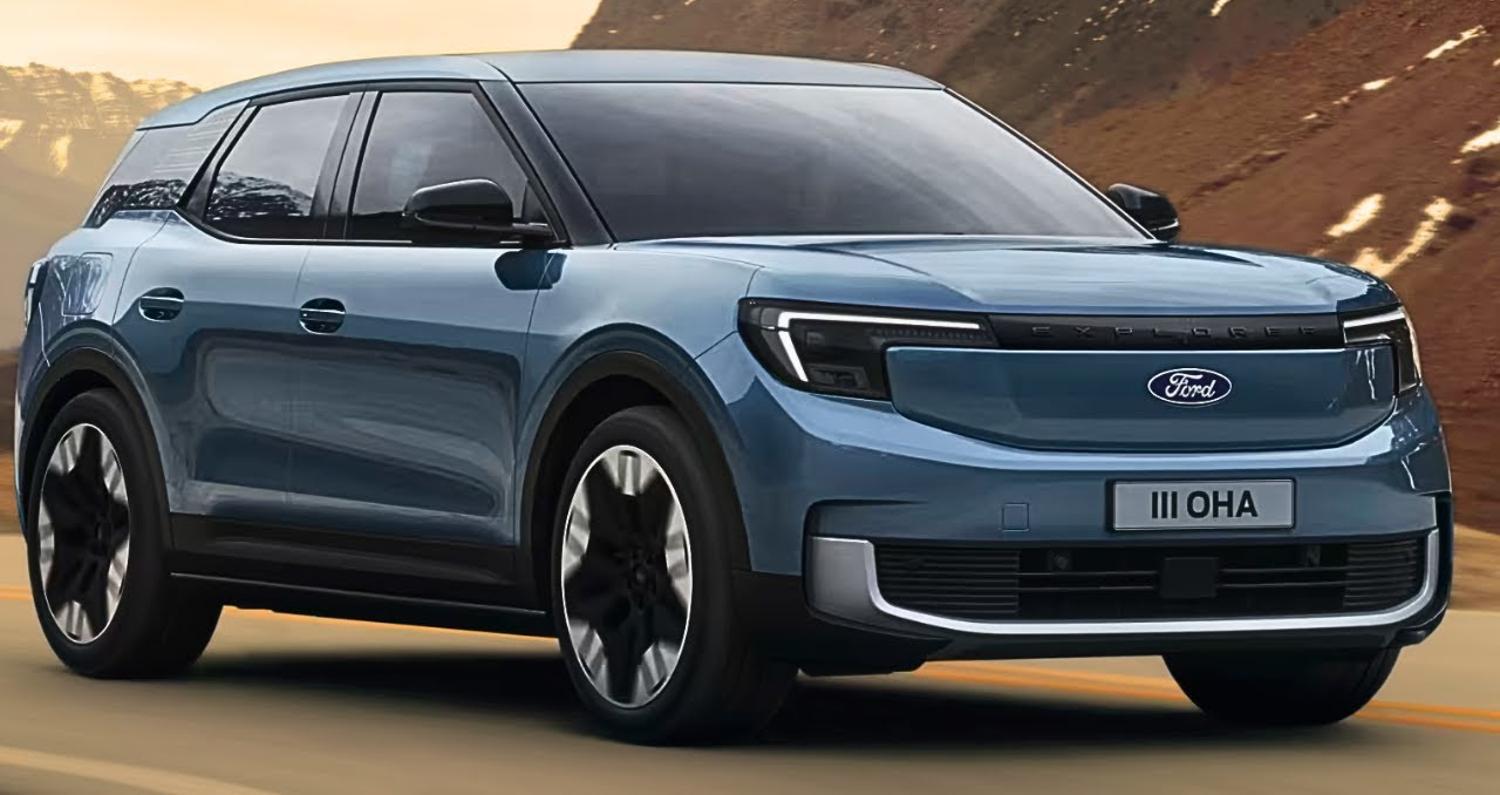
The president and millions of other Americans believe that the 100% taxation on Chinese EVs will ensure that domestic car manufacturers, including Ford, continue to thrive as the market transitions from gas-powered to electric vehicles.
But, so far, Ford has struggled in its EV department, reporting an EBIT loss of $1.1 billion in July 2024. However, the company is still hopeful, saying that between its new models and the soon-to-be-implemented taxation, it will make that money back and more in 2025.
Partnership Between Cruise and Uber Could Keep Chevy in the Game
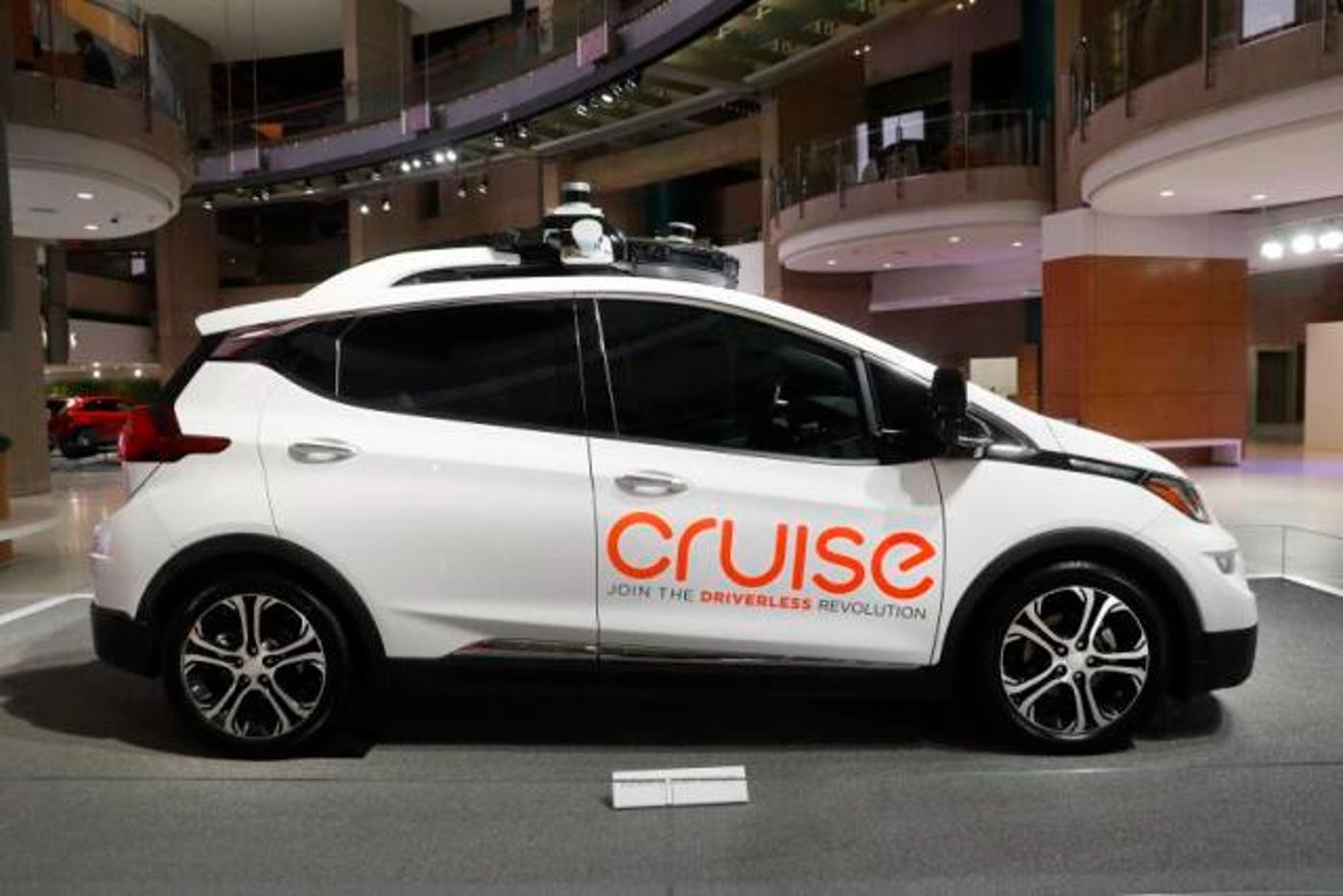
Experts have also argued that Uber’s newest partnership with Cruise, an automated car company that utilizes Chevy’s electric Bolts, could mean Chevy’s sales soar over the coming years.
However, the success of all three of these companies depends entirely on whether the automated cars remain safe, legal, and preferred by American customers. If not, the entire project could fall apart before it makes anyone any money.
What’s Next for the Electric Vehicle Market?
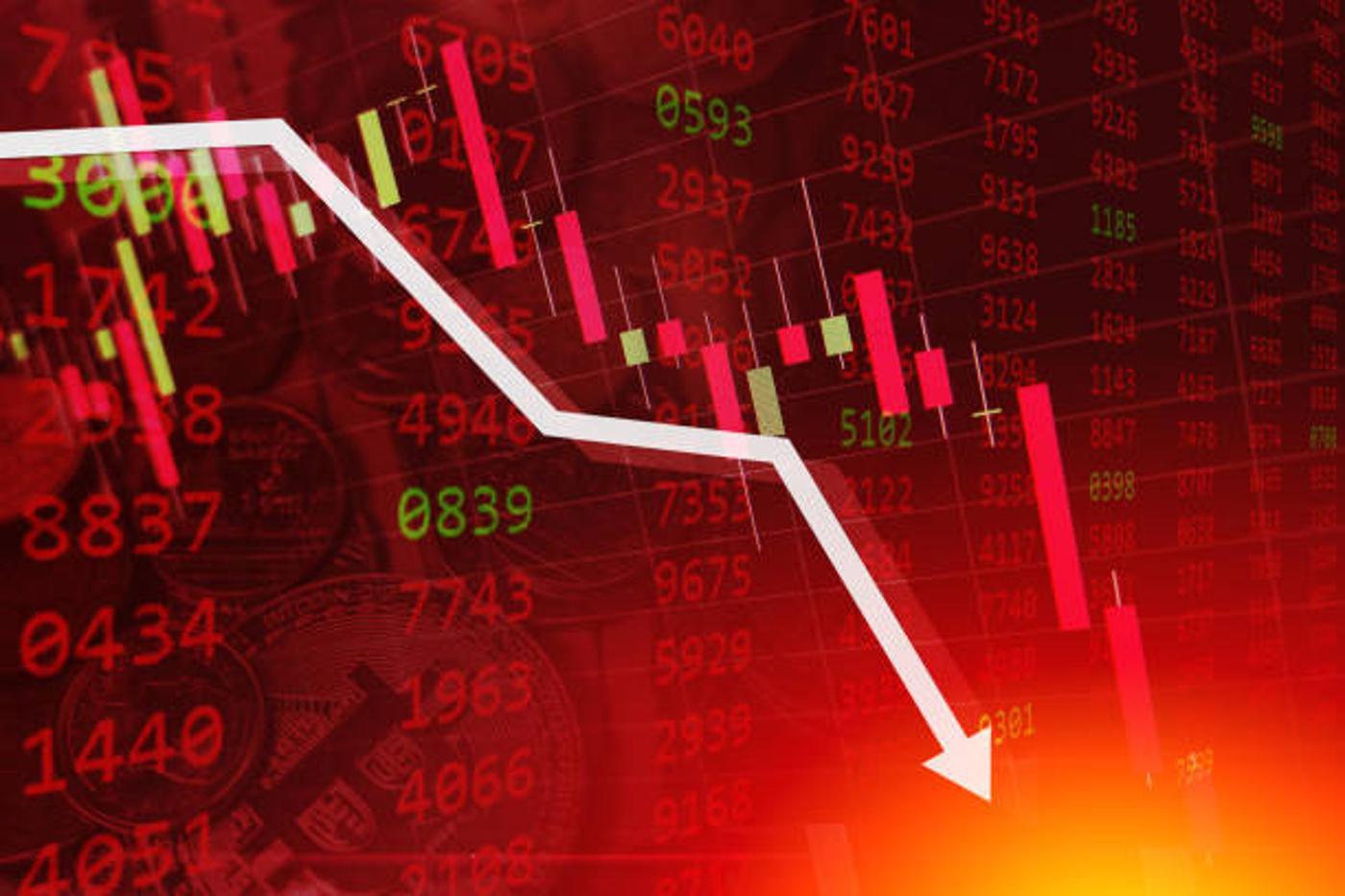
It’s nearly impossible to predict exactly what will happen in the future; however, financial experts spend hours attempting to ascertain what the EV market will look like over the coming years.
For now, it’s safe to say that China’s EV market, with the exception of BYD and Tesla, will take a serious hit from these new tax policies. But whether or not Tesla’s German and American divisions, Ford, Chevy, or other EV companies will succeed or fail remains to be seen.








































